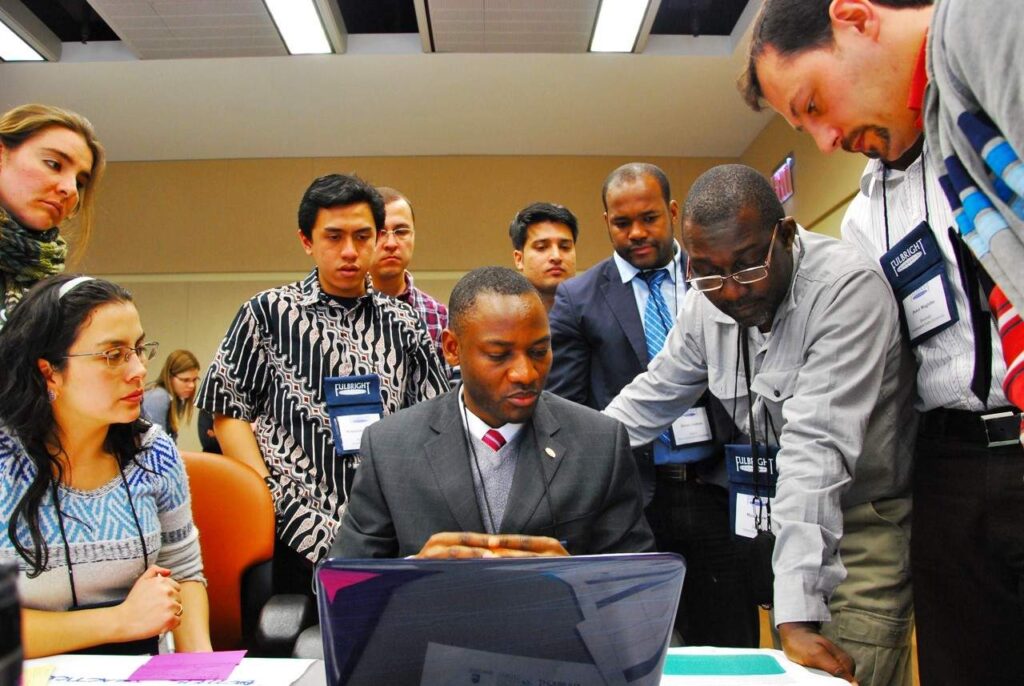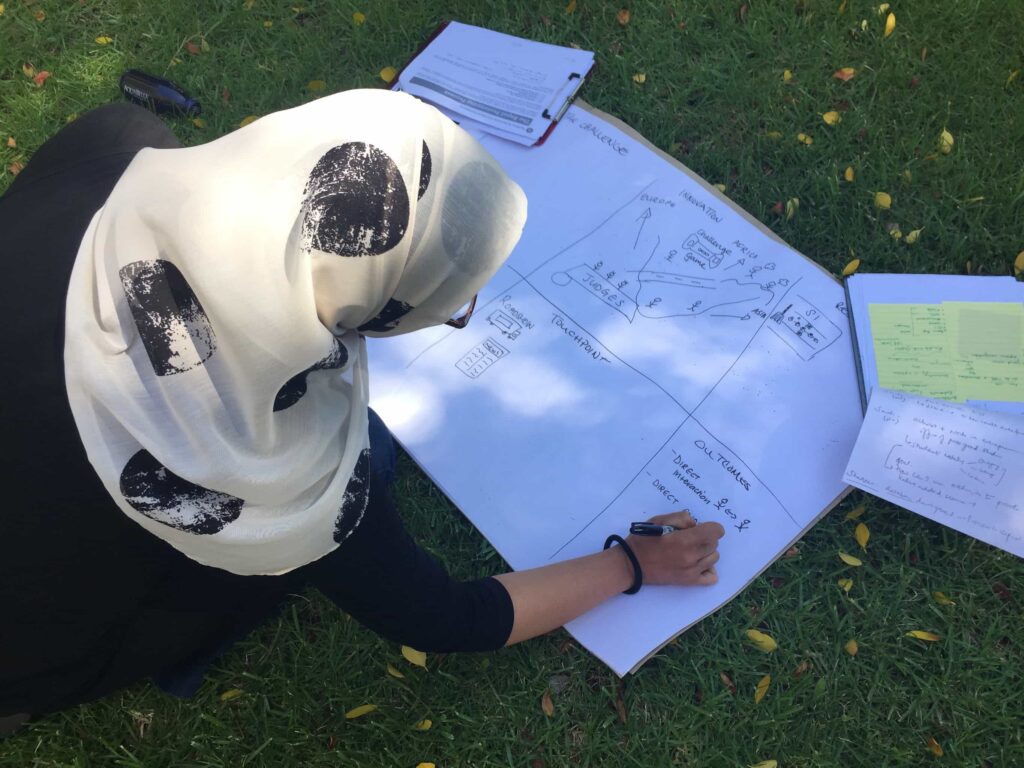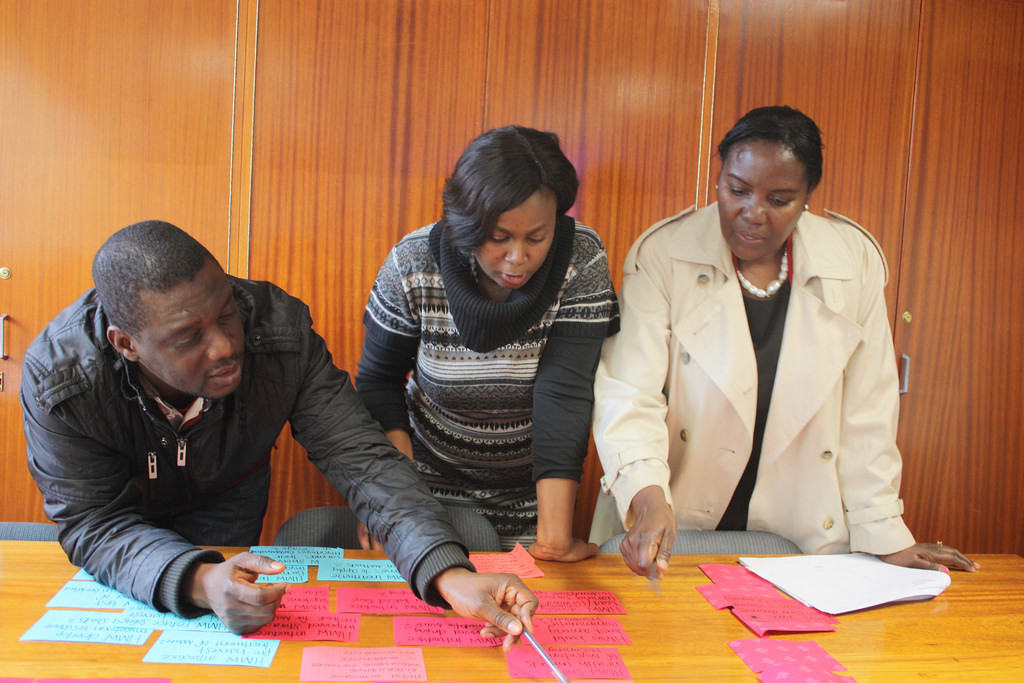How might we assure sustainable access to water in arid parts of Africa?
Learning and Innovation Network for Knowledge and Solutions (LINK) Kenya
Challenge
In Kenya’s drylands, which constitute 80% of the country’s landmass, agricultural communities face a dire and worsening situation. Droughts that previously came every ten years now recur every two or three. However, a paradox exists: while communities receive as much water annually as they did previously, now the rain comes in fewer but heavier downpours. Families lacking the means to capture these deluges are left without sufficient water when the rains end. Rainwater harvesting systems such as sand dams and rock catchments hold promise, but sustainability challenges persist. Issues such as affordability, community ownership structures, return on investment must be addressed if these systems are to prove beneficial in the long run. Recommending the optimal rainwater harvesting solution means understanding the challenge from many angles – weather patterns, crop profile, community norms, household water use habits. Doing this across many communities is a time and resource intensive process.
Solution
Dr. Kennedy Mwetu, an agricultural engineer from Kenyatta University, and his research team, wondered: Could there be a faster, more efficient and sustainable approach to scaling rainwater harvesting systems in Kenya’s drylands? Dr. Mwetu and his team requested GKI’s support in building a network to confront this conundrum. GKI’s work with the LINK Kenya team began by clarifying the institutions and resources already at play, so that the network could fill unmet gaps. A 2013 stakeholder workshop highlighted an unaddressed opportunity: developing viable business models for rainwater harvesting systems. Specifically, we need to better understand return on investment of these solutions to unlock financing and build the market case. Honing in on this need, GKI engaged a renowned US-based agricultural expert, who traveled to Kenya to conduct fieldwork alongside the LINK team. Their work focused on filling data gaps to clarify return on investment for rainwater harvesting systems. To support this effort, GKI trained 20 Kenyatta University students in qualitative research methods and provided them a rare opportunity to practice their skills in the field. Efforts to develop business models for rainwater harvesting systems are still ongoing.
Results / Outcomes
- Produced novel research into the many rainwater harvesting options available and the business case for different ones in various contexts to guide partnership formation and network alignment
- Hosted Dr. Mwetu at the 2012 Africa Collaboration Colloquium and organized partnership meetings at Penn State University
- Trained Dr. Mwetu and his team on collaborative innovation methods and tools
- Led multiple in-person strategy sessions with the LINK team and network members
- Raised awareness about the opportunities and challenges of rainwater harvesting throughout Kenya and more broadly




